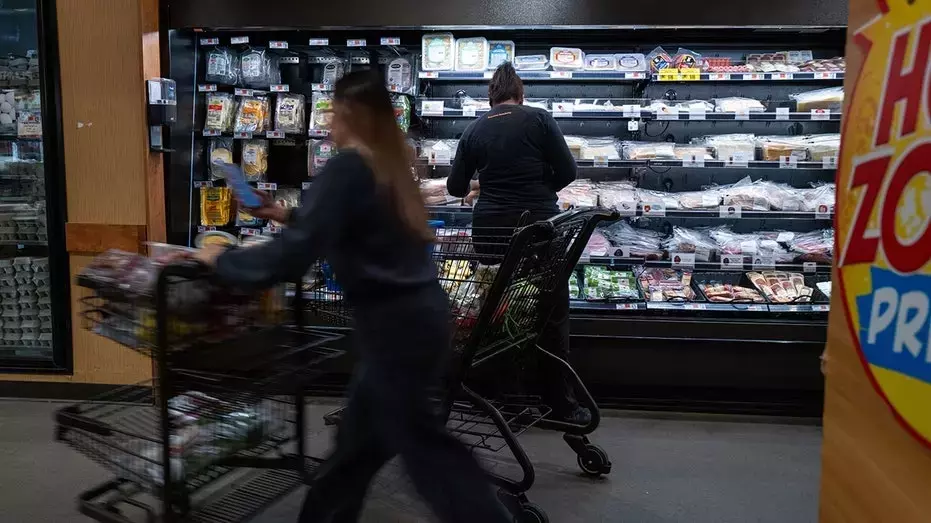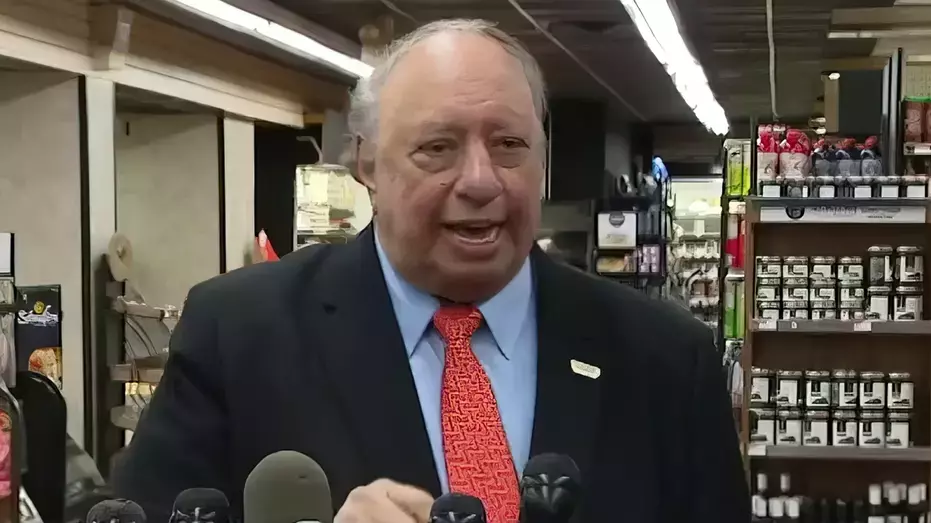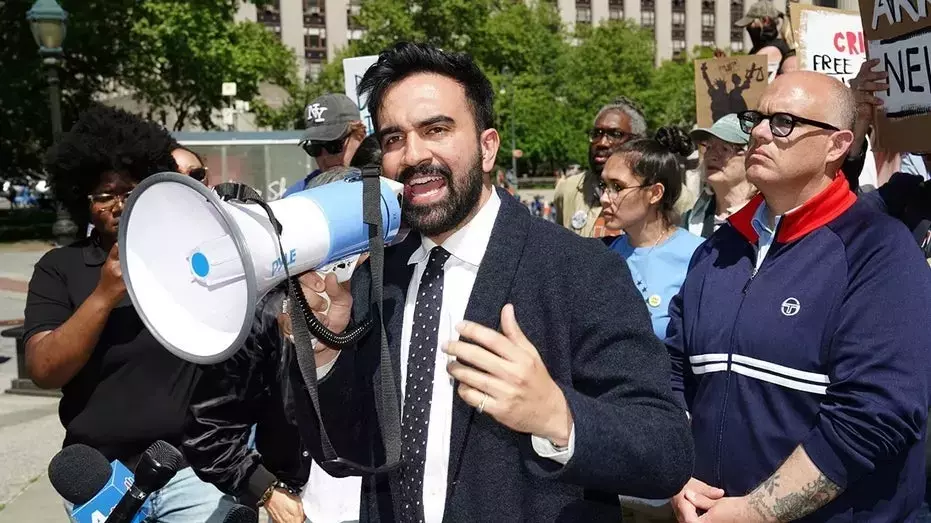




In the final stretch before the New York City mayoral election, Zohran Mamdani, a democratic socialist and state assemblymember, has drawn criticism for his proposal to establish city-operated grocery stores aimed at reducing food prices. John Catsimatidis, CEO of Gristedes and D’Agostino Supermarkets, voiced strong opposition, arguing that such a move would disrupt market competition and potentially harm existing businesses. Mamdani’s broader platform includes affordable housing, free public transportation, and universal childcare, all part of his promise to ease the cost of living for residents. Supporters cite economic data showing that public intervention in essential goods can benefit consumers, while critics emphasize the need for better enforcement of antitrust laws to foster fair competition. The debate highlights growing concerns over rising food costs and access to affordable groceries in the city.
Key Details of the Debate Over City-Run Grocery Stores
In the bustling heart of Manhattan, a high-stakes political and economic discussion is unfolding as New Yorkers prepare to cast their votes. Zohran Mamdani's bold plan proposes transforming the city’s food retail landscape by launching publicly owned supermarkets designed to undercut private chains and reduce consumer costs. According to Mamdani, these stores would eliminate rent and property taxes, operate with centralized logistics, and prioritize wholesale pricing—ultimately passing savings directly to shoppers. His campaign video emphasizes that redirecting city subsidies from corporate chains to public alternatives could help address food insecurity affecting one in four children across the five boroughs.
John Catsimatidis, head of two prominent local grocery brands, strongly opposes the idea, warning that he may be forced to sell or shut down his operations if Mamdani wins. During a recent media appearance, he questioned how effectively city-run stores would manage theft and labor costs. Meanwhile, economists have taken opposing stances, with some backing Mamdani’s approach as a way to correct market inefficiencies, and others urging stronger enforcement of antitrust regulations to promote fair competition among independent grocers and big-box retailers.
Reporter’s Perspective: A Symbol of Broader Economic Tensions
This controversy reflects a deeper national conversation about the role of government in essential services. While Mamdani’s vision represents a progressive push toward public solutions for affordability crises, it also raises legitimate questions about operational efficiency and unintended consequences for small businesses. Whether or not city-run stores are the right answer, the dialogue underscores a growing demand for innovative policy responses to systemic issues like food deserts and rising living costs. As voters head to the polls, the outcome may serve as a bellwether for similar debates in other major cities grappling with economic inequality and market concentration.
